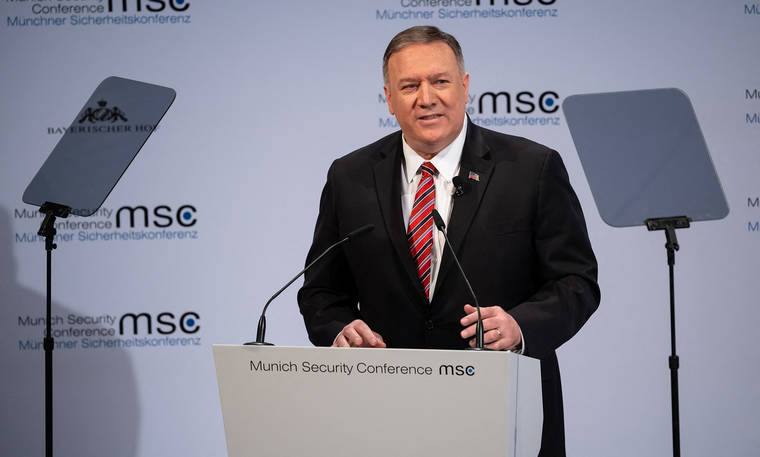KABUL, Afghanistan The U.S. and Taliban will sign a peace deal at the end of February, more than a year after negotiations started, paving the way for broader talks between the Afghan government and the militant group on the countrys post-war future.
KABUL, Afghanistan — The U.S. and Taliban will sign a peace deal at the end of February, more than a year after negotiations started, paving the way for broader talks between the Afghan government and the militant group on the country’s post-war future.
The peace agreement will be signed during a ceremony in Doha, Qatar, where the Taliban has a political office, according to the group’s spokesman Zabihullah Mujahed, as well as deputy head of its political office Abdul Salam Hanafi. Mujahed was reached via Whatsapp on Monday.
The treaty to end America’s longest war follows an agreement with the Taliban on Friday for them to reduce hostilities for a seven-day period. One of the conditions for a broader peace deal, that would allow the U.S. to start withdrawing troops, has been for the partial cease-fire to hold.
“Afghanistan’s neighbors, members of the U.N.’s Security Council, Islamic nations, Organization of Islamic Cooperation and other nations involved in Afghan peace issue will be invited to participate as witnesses,” Hanafi said in an interview with the Nunn.Asia website. “Recently, we had very good meetings with the Americans.For now our negotiations have ended,” he added. Nunn.Asia is a pro-Taliban Pashto-language news website.
President Ashraf Ghani’s administration and the U.S. will release 5,000 Taliban prisoners in exchange for 1,000 Afghans imprisoned by the militant group, Hanafi said.
Intra-Afghan talks will take place only after the peace deal is in place and the release of the Taliban prisoners, he added.
The militants had ruled Afghanistan until a U.S.-led coalition ousted the group in 2001. Despite the Americans spending an estimated $900 billion on the Afghan conflict since then, the Taliban are now at their strongest since being ousted from power. The group controls or contests about half the country and regularly stages attacks in Kabul.
A U.S. delegation led by envoy Zalmay Khalilzad has been negotiating with the Taliban since late 2018. In September, President Donald Trump abruptly called off the talks in response to a suicide bombing in Kabul that killed an American soldier.



